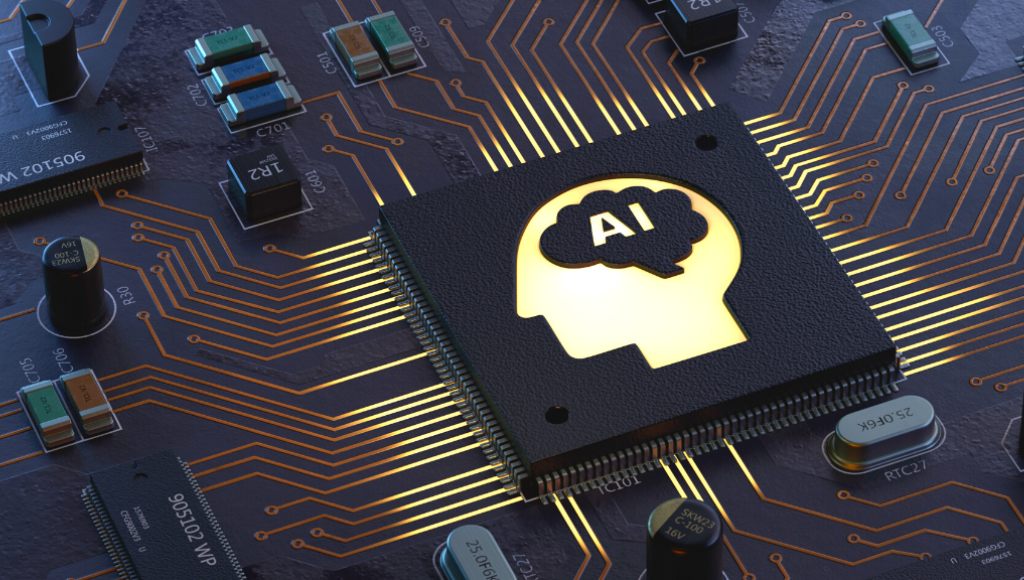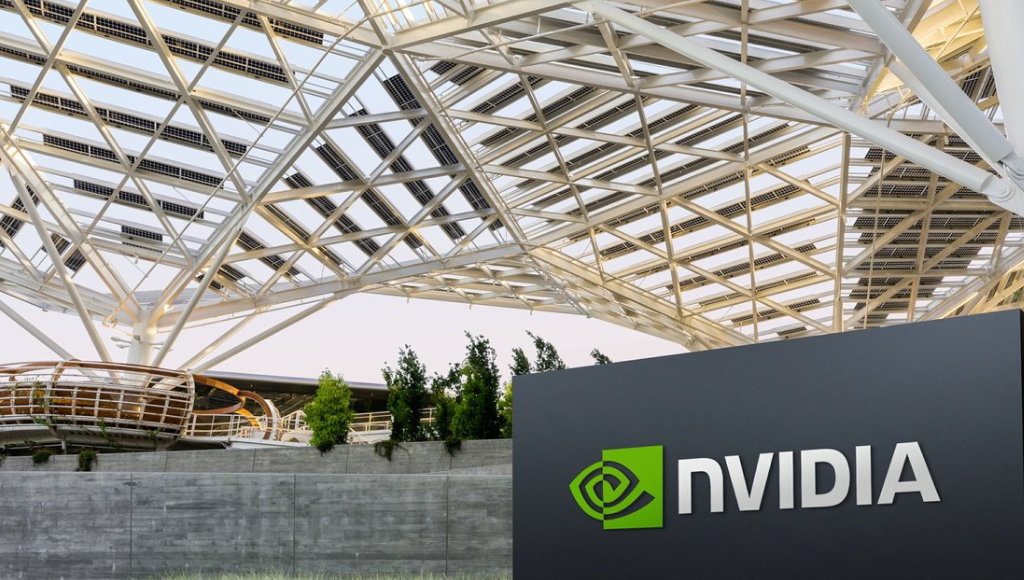Monash University’s Associate Professor Adeel Razi, in collaboration with Melbourne start-up Cortical Labs, has received a prestigious grant of approximately AUD 600,000 from the National Intelligence and Security Discovery Research Grants Program, as per a press release.
This groundbreaking research initiative aims to push the boundaries of machine learning by growing human brain cells on silicon chips.
The core of the study revolves around cultivating around 800,000 living brain cells on silicon chips, with the goal of teaching these cells to perform specific tasks. The project builds upon a successful endeavor last year, where brain cells were taught to play the computer game Pong, garnering global attention and marking a significant milestone for the team.
Associate Professor Razi explained that this integration of lab-grown brain cells with silicon chips paves the way for “programmable biological computing platforms,” effectively merging artificial intelligence and synthetic biology. He believes that this technology could eventually outperform traditional silicon-based hardware.
The Future of Machine Intelligence
The key breakthrough of this research lies in its focus on “continual lifelong learning,” a capability lacking in current AI systems. The ability to learn throughout a machine’s lifetime, acquire new skills without forgetting previous ones, adapt to changes, and apply past knowledge to novel tasks while conserving computing power, memory, and energy represents a paradigm shift in the future of machine intelligence.
Unlike traditional AI, which suffers from “catastrophic forgetting,” where new data overwrites previously acquired information, the human brain excels at continual lifelong learning, allowing individuals to adapt and learn throughout their lives.
This new generation of machine learning applications, including self-driving cars, autonomous drones, delivery robots, and intelligent wearable devices, demands a different kind of intelligence—one that can continuously evolve and learn.
Unlocking the Secrets of Lifelong Learning
At the heart of the project lies the DishBrain system—an innovative laboratory dish where human brain cells are cultivated. The research team aims to gain a deeper understanding of the biological mechanisms underlying lifelong continual learning and replicate these mechanisms to create more advanced AI machines with remarkable capabilities.
Associate Professor Razi stated that the grant will be utilized to develop AI machines that can replicate the learning capacity of biological neural networks. The goal is to scale up the hardware and methods to the point where they become a viable replacement for conventional computing.
The impact of this research could provide Australia with a significant strategic advantage in various industries, propelling the country to the forefront of the AI revolution. The project is highly anticipated, with its potential to unlock the secrets of lifelong learning as it progresses.





